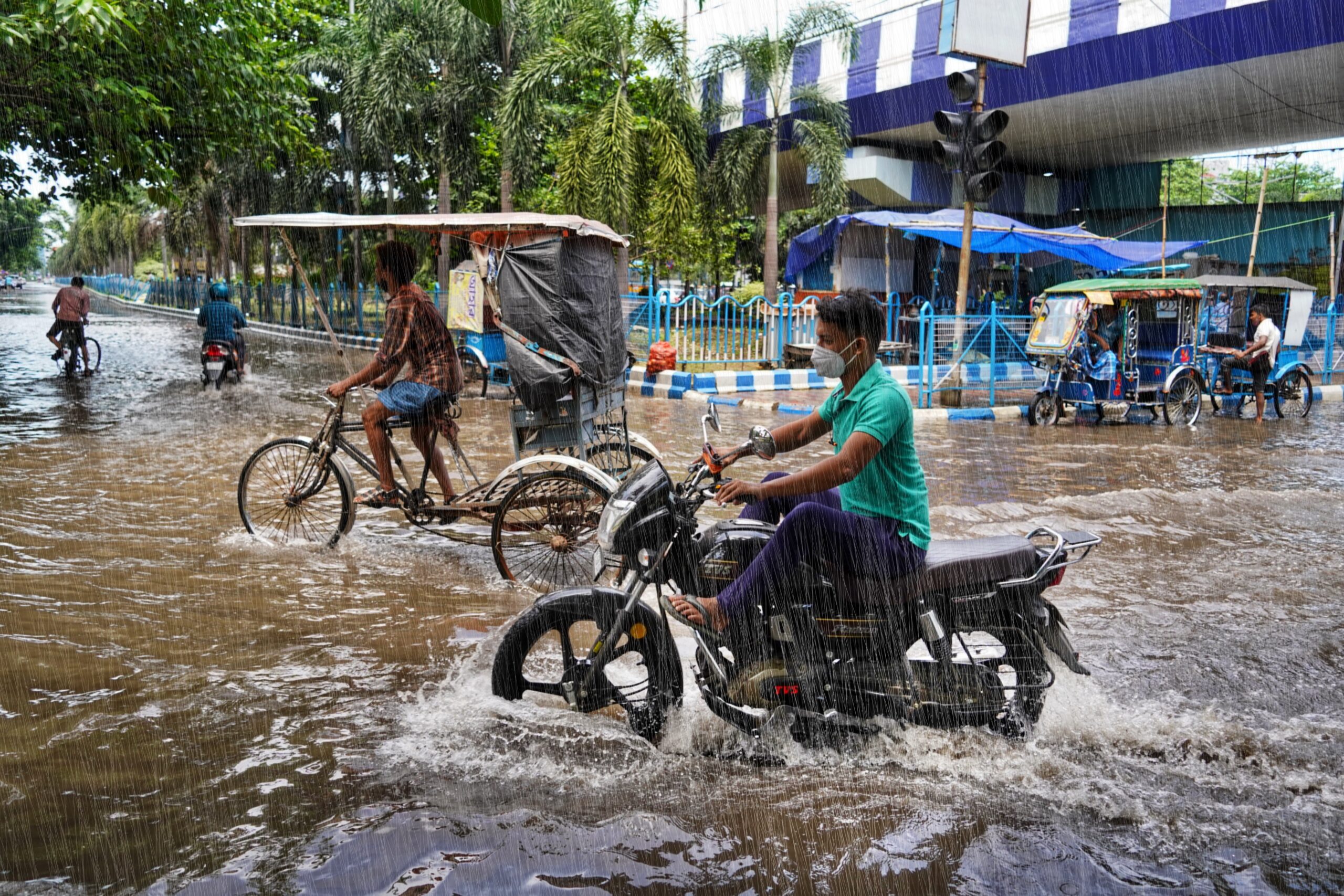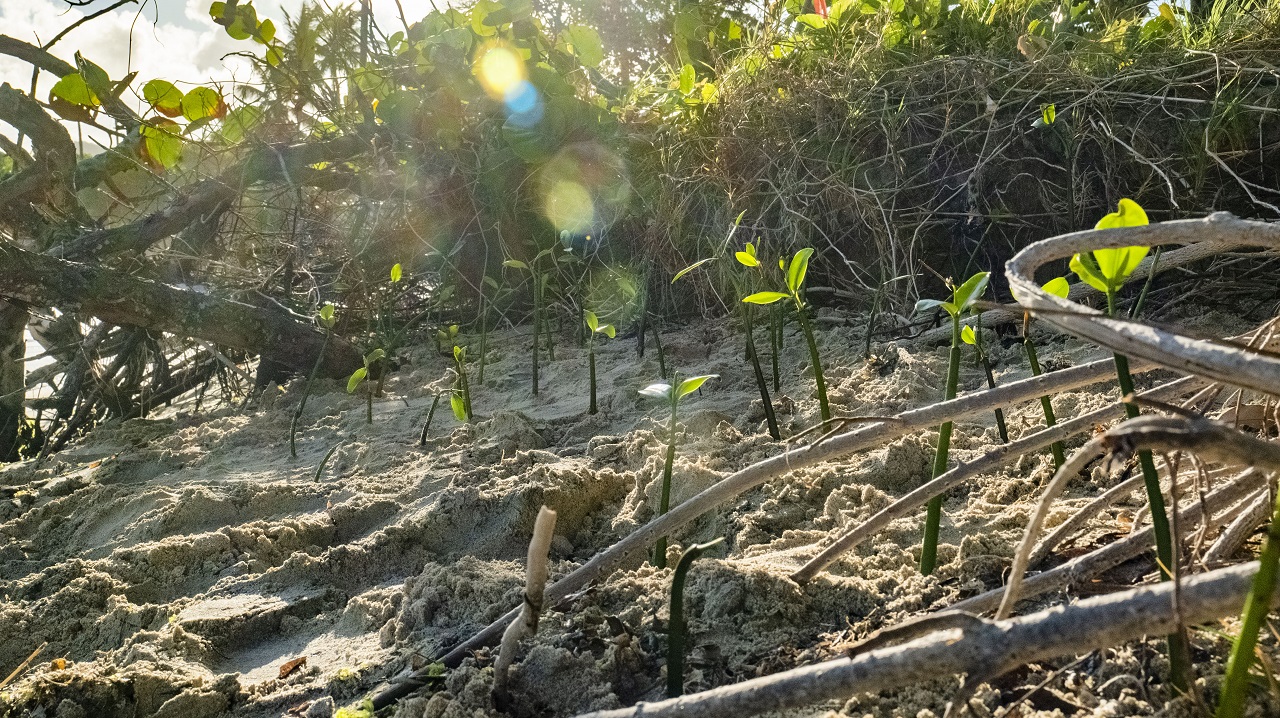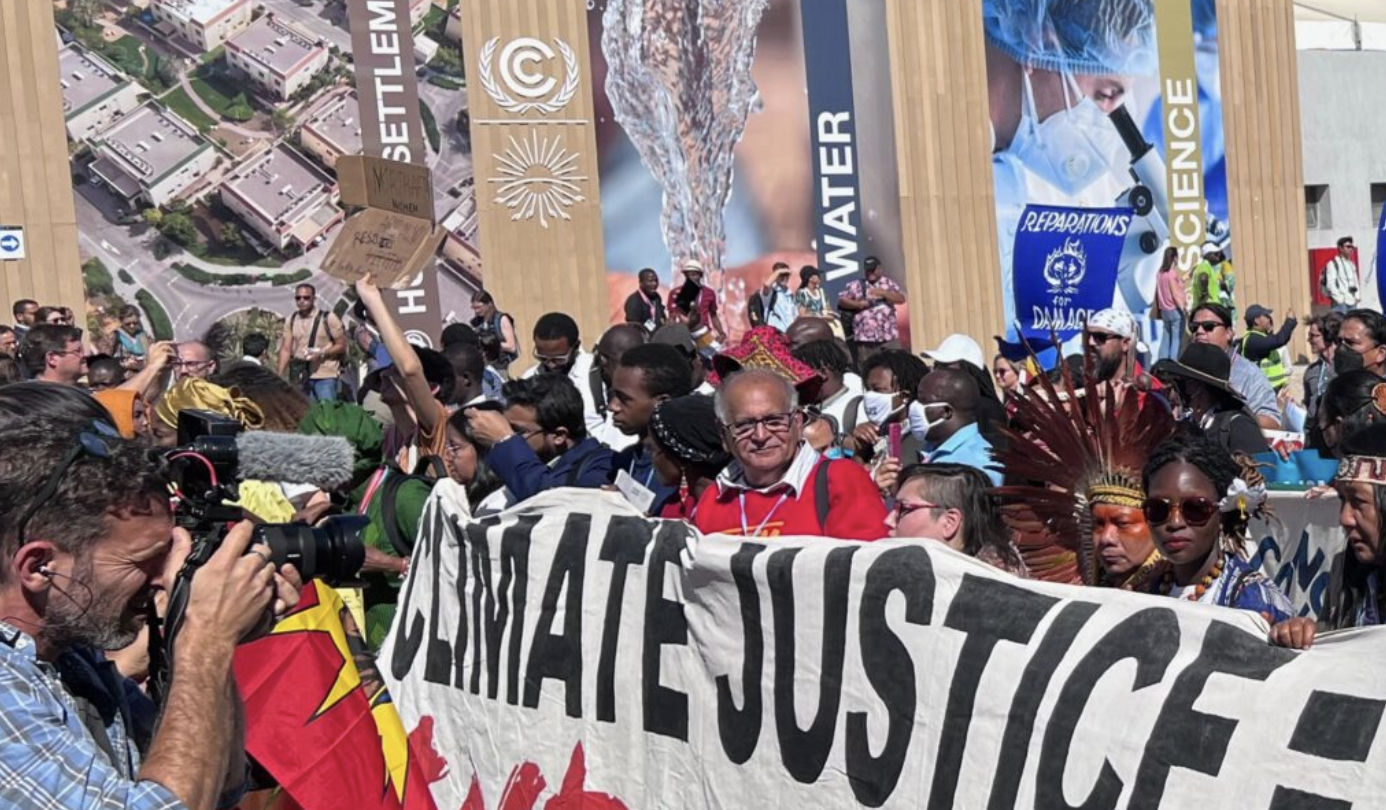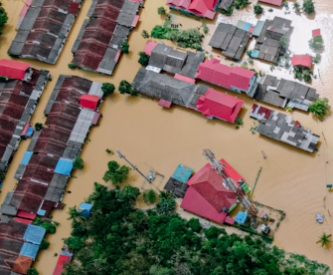UNFCCC
Assessing and meeting the cost of adaptation: Lessons learned and good practices from developing countries
This report synthesis relevant lessons, insights, and good practices from developing country Parties under the UNFCCC in i) assessing the costs of adaptation and ii) assessing domestic expenditures towards meeting the costs of adaptation.
Progress, good practices and lessons learned in prioritizing and incorporating gender-responsive adaptation action
Read this policy brief to learn how to develop and implement gender-responsive adaptation action, taking into consideration the different national circumstances and cultural values.
Developing guidance on managing transboundary climate risks in adaptation and sectoral planning
Explore how we can move from prototype to fully operational (and widely deployed) guidance on mainstreaming TCARs within policy and practice in this concept note. It sets out several key considerations for developing credible and salient guidance on TCAR risk management in support of NAPs, regional adaptation planning and other climate policy planning processes.
Assessing transboundary climate risks under the UNFCCC Global Stocktake
What are the scientific, technical, political and procedural barriers to including transboundary climate risks in the UNFCCC Global Stocktake? This brief seeks to redress the "transboundary gap" in the next Global Stocktake and emphasise the need for international cooperation for climate action.
Mountains in National Adaptation Plans – A short analysis
Explore an overview of climate change adaptation priorities specific to mountains in NAPs submitted by Non-Annex l countries under the United Nations Framework Convention on Climate Change. The review highlights examples from NAPs of climate adaptation actions in mountains and makes broad recommendations on raising awareness about mountain-specific challenges and solutions in NAP processes.
Leveraging the National Adaptation Plan Process for Adaptation Communications
Learn about the opportunities for countries to leverage the results of NAP processes for preparing Adaptation Communications; and making strategic use of AdCom for boosting the profile and visibility of adaptation progress and needs without creating undue additional reporting burden. The report draws on experiences from the NAP Global Network’s support to 22 countries to build on their NAP processes to prepare their first AdComs.
Advancing climate policy: harnessing Indigenous knowledge at the science-policy interface
Learn about Indigenous Peoples’ experience in climate policy negotiations under the UN Framework Convention on Climate Change (UNFCCC), and the importance of bridging Indigenous and scientific knowledge systems in this SEI policy brief.
Adaptation Without Borders: A brief to participants in COP27
Discover key messages and recommendations on transboundary climate risks, and the action required at global, regional and national levels in this policy brief.
Questioning the scientific feasibility and policy relevance of assessing transboundary climate risks
Learn about the scientific feasibility and policy relevance of assessing transboundary climate risks through this short blog post. Discover important areas for future research to advance the incorporation of cascading climate risks and impacts into adaptation responses.
Human Rights in the Process of National Adaptation Planning: Insights from a Review of Submitted NAPs
Learn about the outcomes of mapping conducted on multisectoral NAPs available in 2020-2021. This study discusses entry points to ensure that human rights principles are meaningfully integrated and guide the NAP process.









